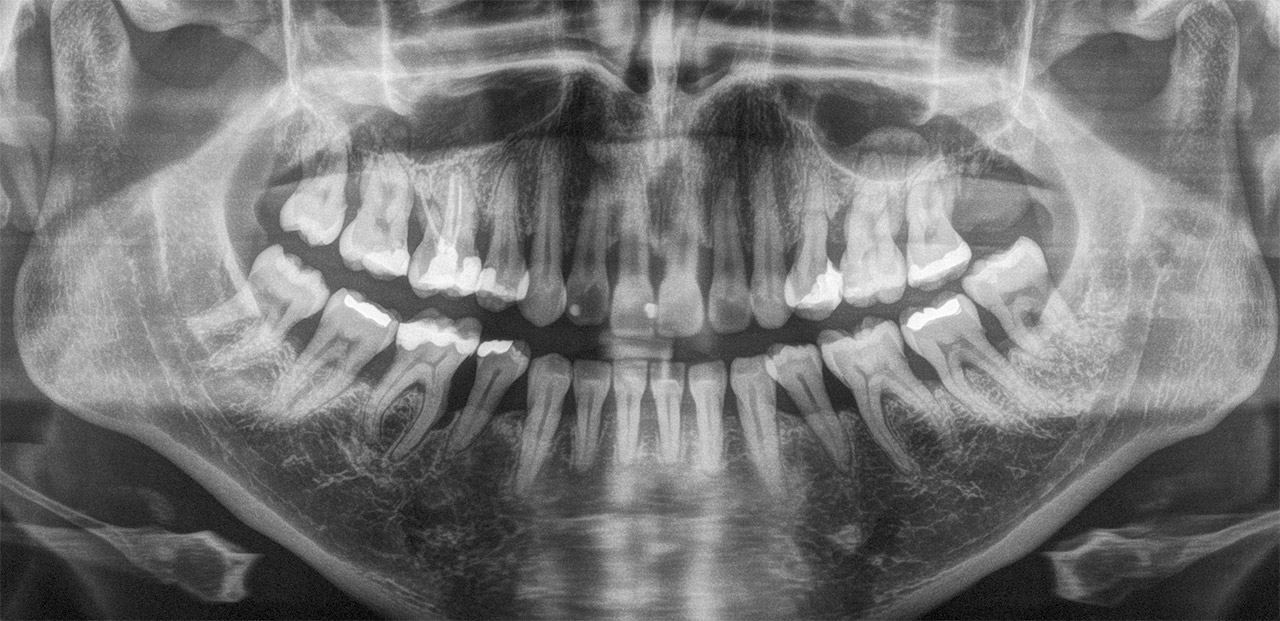The main risk factors for periodontitis can be divided into modifiable and non-modifiable factors. Here are the most important ones at a glance:
Modifiable risk factors
These are factors we (or you) can directly influence:
- Poor oral hygiene — the main cause of plaque (biofilm), which triggers inflammation in the periodontal tissues.
- Smoking — reduces blood flow and weakens immune function; nicotine affects immune cells. Smoking also shifts the bacterial composition toward more pathogenic species. The risk increases three- to fourfold.
- Diabetes mellitus (especially poorly controlled) — impairs immune response and wound healing. There is a bidirectional relationship: periodontitis can worsen diabetes and increase diabetes risk.
- Stress — weakens the immune system and often leads to poorer oral hygiene.
- Psychosocial factors — often underestimated in this context.
- Nutrition — deficiencies in vitamin C, calcium, and especially vitamin D, as well as high sugar intake, increase the risk of periodontitis.
A vitamin D deficiency increases the risk of periodontitis and peri-implantitis by 20–100% according to current research.Certain medications — e.g., immunosuppressants, antiepileptics, and calcium channel blockers can promote gingival hyperplasia (inflamed, enlarged gums).



